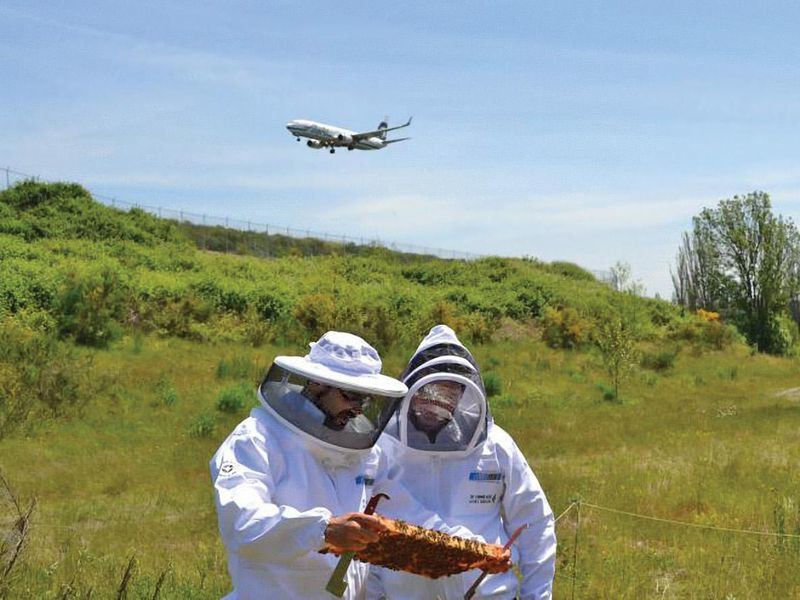New chemical could help protect honeybee colonies from parasitic mites
It is believed that parasitic varroa mites may be one of the main causes of colony collapse disorder, which is decimating honeybee colonies around the world. There may be hope, however, as a new chemical has been found to eradicate the mites without ha… Continue reading New chemical could help protect honeybee colonies from parasitic mites
